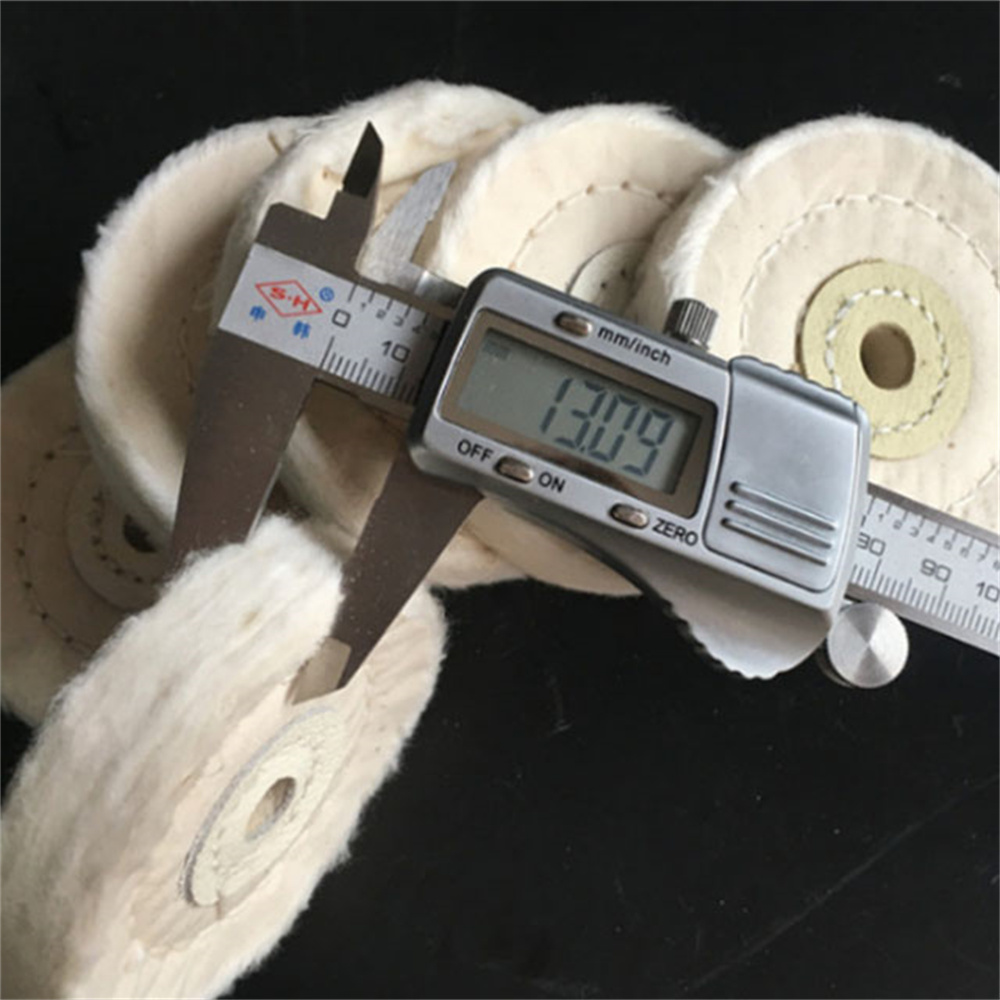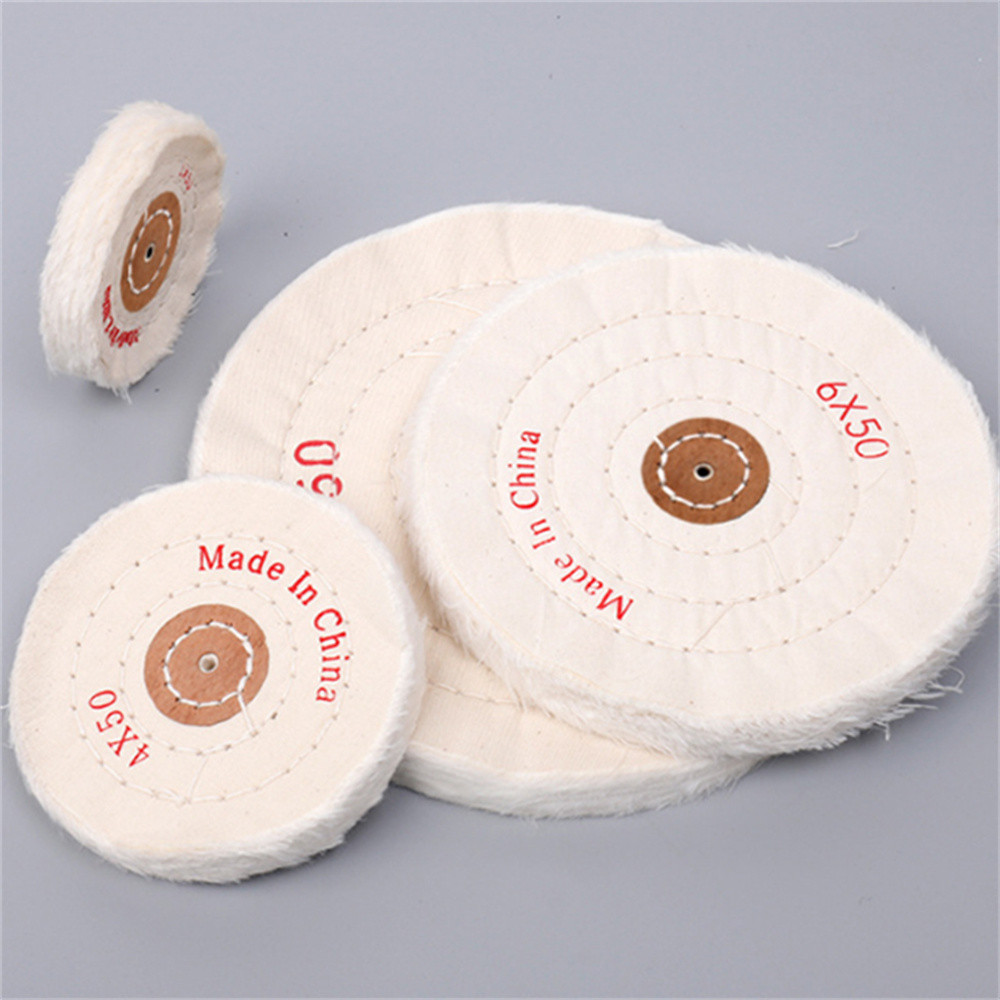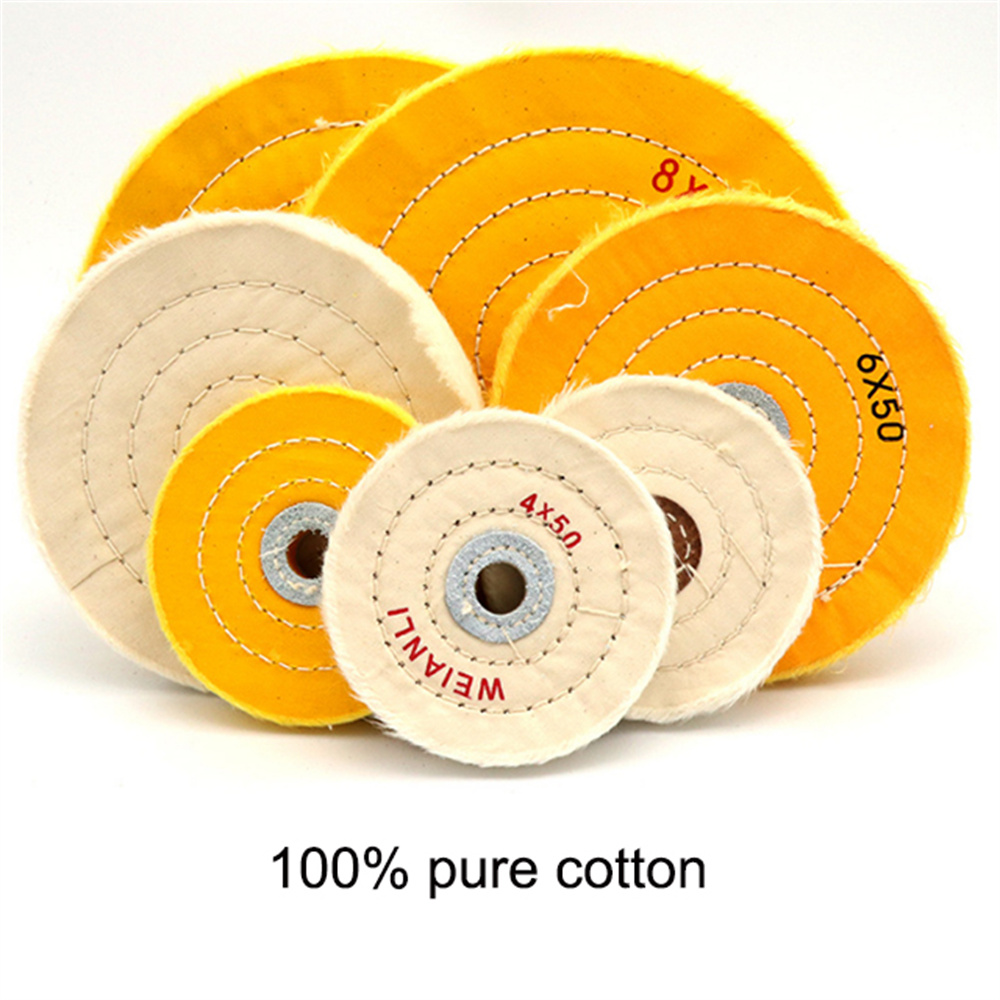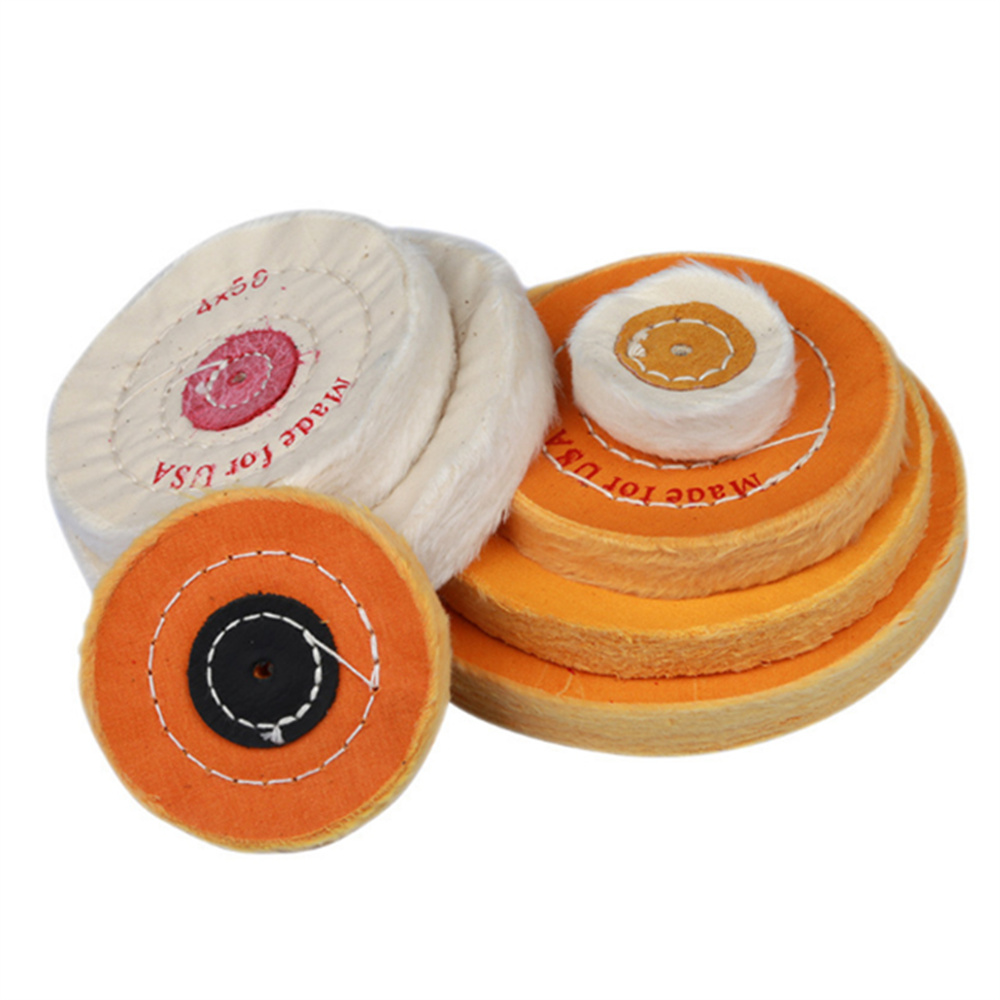Some experts predict that by 2050, the global population will expand to 9 billion. However, while the population is growing rapidly, the global availability of arable land, fresh water for use, and other agricultural resources has not changed much. In response, Rod Hill, an animal physiologist at the University of Idaho in the United States, said that such a large population will pose serious challenges to agricultural production that provides sufficient food for humans. People should seriously discuss the role of biotechnology, nanotechnology and synthetic organisms in the future food supply.
At the annual meeting of the American Association for the Promotion of Science (AAAS) in 2010, Hill and Larry Brennan, a food scientist at the University of Idaho, co-chaired a seminar whose topic was to explore the possibility that biotechnology may provide food for humans. Animal-based health and adequate food channels to meet the future needs of mankind. The topics discussed by the speaker of the seminar related to the applications of synthetic biology, nanotechnology, genetic engineering and biotechnology, and the public’s role in deciding whether to accept these technologies and applications.
The American Council for the Promotion of Science and Technology is honored as the largest and most prestigious science conference in the United States. The annual meeting, titled “Bridging the Bridge between Science and Societyâ€, was held in San Diego, on the west coast from February 18th to 22nd. The annual meeting called on each scientist and engineer to make their work beneficial to the society. Society understands. As part of the annual meeting, the purpose of the seminar for human food animals is to encourage dialogue between scientists and the public.
Hill worked on the growth of livestock muscles. He said that for agriculture and science, they need to provide a healthy, nutritious and adequate food supply to the rapidly growing population in the coming decades, which is a very serious challenge. An important question before people is: Can the Earth continue to provide enough food for society without technical support? In fact, food production without technical assistance is an ideal that is difficult to achieve. Modern society has been irreversibly rooted in technology, and the agricultural revolution triggered by the participation of technology is trying hard to provide food for the world.
Brennan served as assistant vice president of the University of Idaho at the University of Coeur d'Alene, and he was also a nanotechnology researcher engaged in various aspects including the use of biosensors to detect diseases and biodegenerative diseases. Brennan believes that there is no doubt that nanomaterials can help extend the shelf life of foods and ensure food safety. Nanoparticles can be used to lock certain genes, so they play an important role in the genetic engineering of edible animals.
Spokespersons at the seminar included Prof. Kevin Wells of the University of Missouri, Dr. Chen Hongda, Director of the National Bioprocess Engineering and Nanotechnology Project of the US Department of Agriculture, and the Craig Venter Institute, the pioneer of human genome sequencing. Policy analyst Michel Gelfko et al.
Wells believes that, like modern transgenic crops, genetically modified edible animals will be the food on the future human table. Chen Hongda introduced how scientific methods like nanotechnology can be used to meet the growing global demand for safe and healthy food. Ge Fenke explored synthetic biology using modern methods to synthesize genes or chromosomes.
In addition, Prof. Susana Prister of the University of Nevada elaborated on the public’s questions about new technologies that decide to accept or reject future food supplies. Over the years, she insisted that the public debate was indispensable in the public’s attitude towards issues such as technology.
According to Brennan, the seminar provided an opportunity to promote public discussion. He said that the public debate is very important. In the past, many promising technologies have been shelved because they did not gain the consumer's approval and understanding. Taking food irradiation technology as an example, he pointed out that the technology has existed for more than 50 years, but due to people's fear of psychology and lack of understanding of the technology, it is still not widely used. He added: "For me, everything we do now needs in-depth discussions and multi-field discussions. We can't focus on technology alone, but on the social and political aspects of technology."
In the special edition of the recently published "Food Security," Science magazine published articles written by scholars of the University of Washington and Nina Fedorov, the US Secretary of State for Science and Technology, and her colleagues. The article argues that people must eliminate prejudice against agricultural biotechnology that may help farmers plant crops that can adapt to rising temperatures, reduced water supplies, and new pest threats.
The article pointed out that there is scientific evidence that GM crops have a good safety record and important environmental and health benefits, and therefore suggest that people should formulate a legal framework for planting GM crops. However, they also admitted that not all crops that are introduced today will have the same good “performance†as today. In addition, people also need other ways of agricultural development, such as aquaculture, as well as dry land and saline land agriculture.
Buffing Wheel is made of finely cotton cloth by special technology and is the precision polishing tools of metal and non-metallic workpieces,It is made of mutillayers 100% cotton cloth sewn surround by the center,with a leather lip attached around the inner hole. High quality material, exquisite workmanship, long service life.Specially used for polishing jewelry, ornaments, or precise products.


The layers of cloth edge with pile processing,suitable for metal, jewelry hardware,stainless steel, aluminum products, wood, plastic, ceramic, glass and watch industry grinding and polishing.
Working with polishing wax polishing effect is better.
Treated Buffing Wheels have a special chemical added to the cotton which gives them more aggressive cutting action allowing them to work faster than standard cotton spiral sewn buffing wheels. The chemical treatment also gives these buffs a longer lifespan.


Treated buffing wheels can be used in place of Cotton Spiral Sewn buffing wheels for cutting and coarse buffing.
Features:
-- Suitable for Metal, jewelry, metal, stainless steel, aluminum, wood, plastic.
-- Surface of the ceramic, glass and watches industry grinding and polishing.
-- Use with polishing wax polishing better.
-- Can be stacked onto tapered spindles for required thickness.
We distributes and wholesales various brands of Bonded Abrasives , Abrasive Sanding Disc, Cutting Wheels , Flap Wheels , Flap Disc Backing Pad, Flap Disc Adhesive , and Surface Conditioning Product etc, and enjoy a high position among consumers.



Cotton Buffing Wheels,Buffing Wheels,Polishing Wheel,Cut Off Wheels
Zhengzhou Jiading Abrasive Manufacturing Co.,Ltd , https://www.jd-abrasives.com